Artificial Intelligence (AI) has revolutionized many areas of our life and work, from personal digital assistants to autonomous vehicles. The finance sector is not left untouched by this transformation. However, one question that has been discussed with varying levels of concern is, “Will CFOs be replaced by AI?” Let’s dig deeper into this topic.
AI in Finance: A Rapidly Evolving Landscape
AI has already made its mark on the finance sector. AI-powered systems can process massive amounts of data, execute trades at lightning speed, detect fraud patterns, and perform risk analysis, among other things. Financial forecasting and data analytics, two crucial tasks in the CFO’s realm, have become increasingly reliant on machine learning algorithms to make predictions and provide insights. Machine learning, a branch of AI, has proven its ability to analyze complex datasets, identify trends, and even make predictions based on patterns. The accuracy and speed at which these systems operate surpass what is humanly possible, which leads to more effective and efficient decision-making. It would seem, then, that the tools of the trade are changing rapidly for CFOs.
The Changing Role of CFOs
As AI takes over more routine tasks, the role of the CFO is indeed changing, but not necessarily in the way one might think. Rather than making CFOs obsolete, AI is freeing them up to focus more on strategic tasks that add greater value to their companies. The role of a CFO has traditionally involved a great deal of number crunching, report generation, and data interpretation. Today, AI can handle a significant part of these tasks. This means that CFOs are increasingly able to focus on strategic decision-making, planning, and working more closely with other C-suite executives to drive business performance.
The Unreplaceable Aspects
However, there are certain areas where AI falls short, and human CFOs excel. Let’s delve into these.
Emotional Intelligence
AI may be perfect for crunching numbers, but it doesn’t have the emotional intelligence needed to understand the nuances of human behaviour or to lead and motivate a team. The CFO’s role isn’t just about finance; it’s also about leadership.
Critical Thinking
AI systems are great at following instructions and executing tasks based on predefined algorithms, but they don’t possess critical thinking. They can’t question assumptions, engage in creative problem-solving, or apply lessons learned from one context to another.
Ethical Judgement
AI can’t exercise ethical judgment or navigate the grey areas that often arise in the world of finance. CFOs play a crucial role in maintaining financial integrity and trust, a task that can’t be handed over to an algorithm.
Looking Forward: AI and CFOs
So, will CFOs be replaced by AI? At this point, it seems unlikely. Rather, the CFOs of the future will likely be those who can best leverage AI to enhance their decision-making, while still bringing their uniquely human skills to the table. Indeed, AI presents a powerful tool for CFOs to drive efficiency, extract insights, and support strategic decisions. It doesn’t mean the end for CFOs; instead, it points to a more empowered and strategic role in the future. CFOs will need to adapt, embracing these new technologies and incorporating them into their work. They will need to evolve their skills and capabilities, not only to remain relevant but also to take full advantage of the opportunities AI presents.
In summary, AI is not a threat to CFOs; it’s an ally. It’s a catalyst for change, pushing CFOs out of the traditional finance function and into a more strategic role. Rather than replace them, AI will augment and empower CFOs, shaping them into strategic business leaders. As with many areas where AI is having an impact, it’s not a case of man versus machine, but rather man and machine working together.

